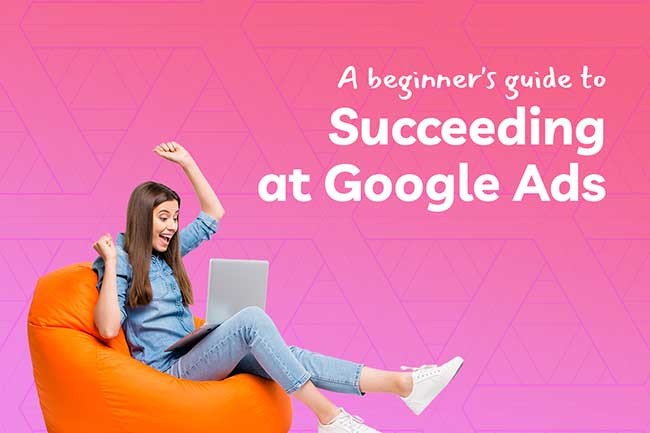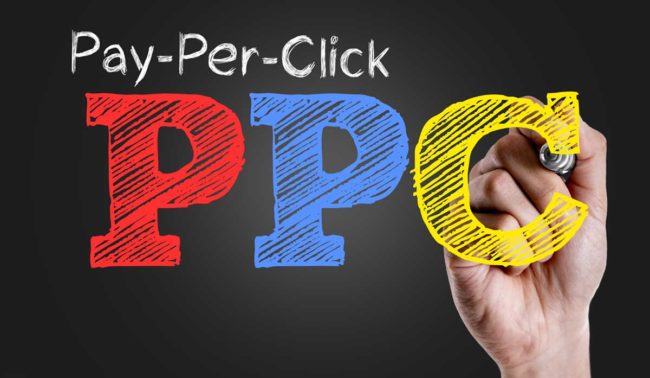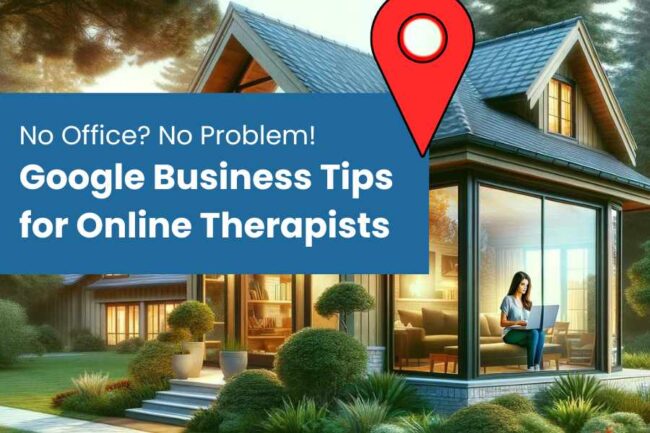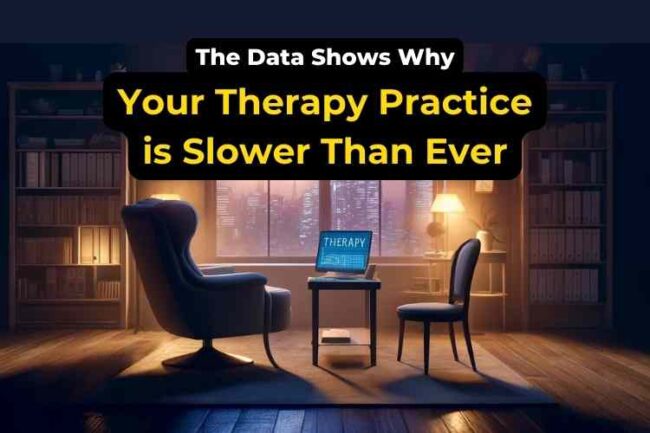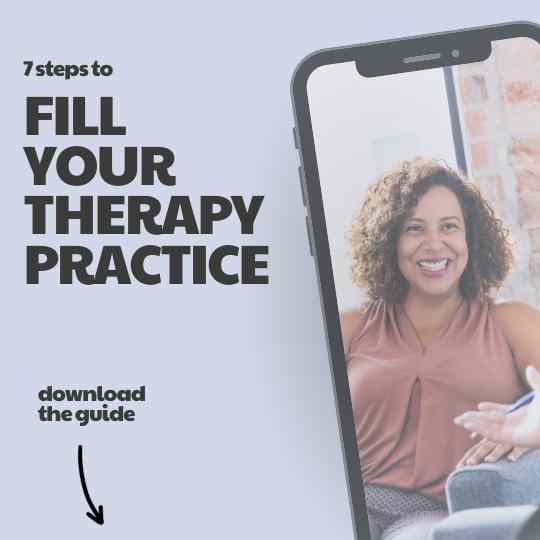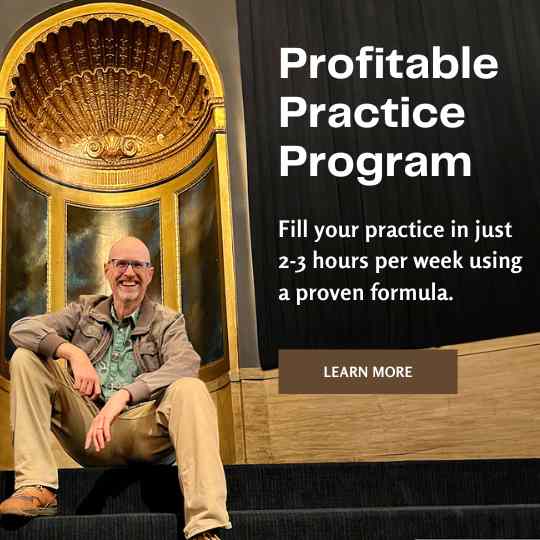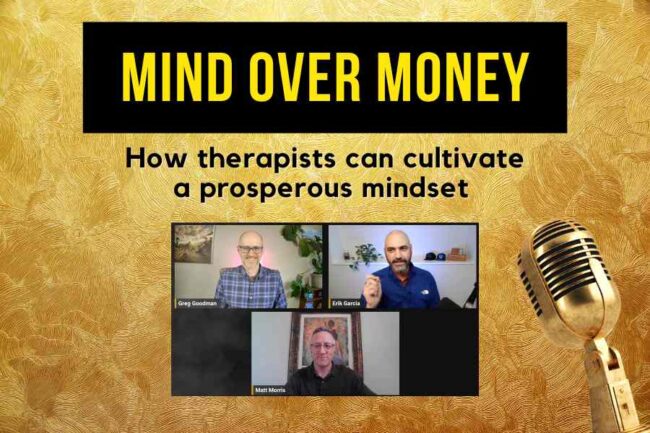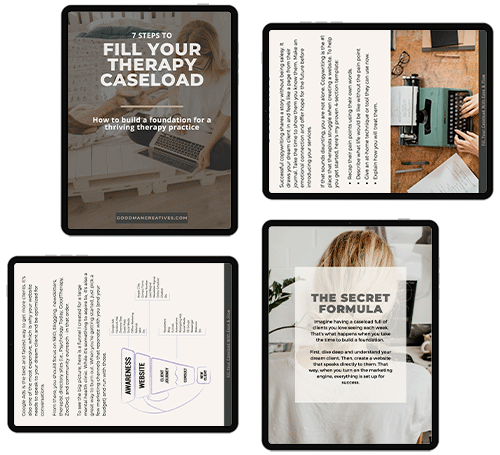Google Ads (aka, Adwords) is one of your best resources for marketing your business to others.
You design your ads. Google places them appropriately across the web in a system called “pay per click advertising”. As the name suggests, when someone clicks on your ad, you pay.
You aren’t paying for people to just see the ads; you’re paying when people actually click and visit on your website.
In the meantime, you get eyes on the ads themselves, which is terrific for branding, whether or not people click through. To be clear, branding isn’t the goal; getting the clicks. However, the extra branding from the visibility of your ads is a nice bonus.
Anyone can create Google ads. In fact, it is very simple to get started with Google PPC advertising. However, you don’t want to just go into the process blindly. Since anyone can do it, a lot of people do. Not all of those people get the results that they want.
That’s because they don’t all take the time to do the research necessary to craft the right ads. If you want to succeed in paid search marketing, then you should take the extra steps to make sure you have a great ad.
Choosing Keywords for Google Ads
One of the most important aspects of creating your Google Ads is to choose the right keywords. Luckily, if you have any experience with keyword research, then you are already ahead of the game.
Many people have at least passing knowledge of choosing keywords for SEO purposes. Keyword research for pay per click advertising is done similarly.
The best place to start, of course, is with Google’s own keyword planner. First of all, it’s a great easy-to-use tool. Moreover, it is Google’s own tool, so it will produce results that work well for Google ads.
However, there are other keyword planner tools as well, and some of them are worth a look. For example, check out Ubersuggest.
Here are some tips for choosing keywords for Google Ads:
- Search for both branded and non-branded keywords
- Focus on keywords specific to your niche (EFT therapy, not just therapy, for example)
- Look for keywords that have a high quality score, which is a 1-10 number that shows you how well your ads should perform
- Choose keywords that have lower costs to reduce spending on your Google Ads
. . .
Types of Keyword Matches in Google Ads
When you have your keywords, you can choose from a variety of options for matching those keywords in your ads. For example, if you choose “exact match,” then your ads will only show up for people searching that exact phrase.
In contrast, “broad match” will widen your results to people searching for similar phrases.
In most cases, you want to use a broad match, because it is hard to tell exactly what people will type into a search.
Plus, people often use abbreviations or misspelled words when they search, and those would be ruled out of an exact match.
Modified Broad Match
Recently Google Ads also introduced the option of “modified broad matches.” This narrows down the search to some extent, leaving it broad in some ways but keeping it open for issues like misspellings.
For example, let’s say that you are a therapist who specifically wants to advertise your couples counseling. If you only use an exact match, then people will only find you if they type in that exact phrase.
If you use a broad match, your ad will turn up in searches for all words relating to “couples” and all words relating to “counseling.” However, you could use a modified broad match for one of those words.
For example, making “couples” the modified word would allow you to turn up in searches for Couples Counseling as well as Relationship Counseling and (misspelled) “cuples counseling,” and so forth.
Likewise, modifying “counseling” would allow your term to show up in searches for “couples counseling” as well as “couples therapy” and (misspelled) “couples counsling.”
Note that you can use all types of matches.
With Google Ads, you bid on your ad, so that you can adjust your price. Many people recommend bidding more for exact matches, since those are the people you definitely want to target, and bidding a bit less for broad matches.
What are Negative Keywords?
In addition to choosing the right keywords and the right matching process, you want to pay attention to negative keywords. This is a feature in Google Ads that allows you to exclude your ad from showing up in searches that are similar to yours, but not relevant enough.
If your keyword brings up other related keywords that may not actually be related to your service or product, you should eliminate those words.
For example, if you are a therapist who offers only individual counseling, then you might want to include “counseling” as a keyword but eliminate “couples counseling” as a negative keyword. If you have a private pay practice, you would want to eliminate the word “insurance” from your keywords – as well as the names of all individual insurance carriers. For more ideas about how to optimize your mental health PPC campaign, check out our comprehensive guide on Google Ads for Therapists.
By ruling out keywords that aren’t relevant, but would be likely to come up in a search, you increase the chances that the right eyes will see your ad. Therefore, your ad is more successful, and you save money, because people who don’t want what you have to offer aren’t clicking over.
To compile a list of negative keywords, download your search query report through AdWords and review what users actually entered into search to trigger your ad. Look for the keywords that have low conversion rates.
Then, add these to the negative keywords section on Google Ads. There are also negative keyword search tools, such as one offered by Wordstream; you get thirty free uses for that particular tool.
Crafting your Google Ads
Your keyword is your starting point. It provides you with a solid foundation for getting the right eyes on your ad.
However, you can’t stop there. You need to put time and energy into crafting a high-quality ad that will get and keep people’s attention.
One smart tip to follow is to use the AIDAS marketing formula.
This acronym stands for:
- Attention – Craft an ad that immediately gets the attention of your target customer. For example, sales and discounts always capture people’s attention.
- Interest – Keep the customer’s interest with something substantive beyond just attention-getting. What is unique, interesting, and important about your service or product?
- Desire – Generate the customer’s desire for the item that you are advertising. What makes your target customer want this thing?
- Action – Craft an ad that pushes the target customer to take action and click that ad. Often, an ad has a “call to action.” For example, “click here to learn more.” In that example, “click” is the action you want the ad viewer to perform.
- Satisfaction – Once they click the ad, they should be happy with what they find there. It should relate to, and even improve upon, the ad information itself. In other words, you definitely don’t want to “bait and switch” by showing an ad for one thing then leading them to something else. Be authentic, transparent, and generous.
If you aren’t sure whether or not you can craft a great ad, then you should strongly consider hiring a copywriter and get a Google AdWords Surrey agency. These people know exactly how to craft ads that will turn into real results. After all, you don’t want to go to the time and expense of advertising only to have your efforts fall short because you failed to write good ad copy.
. . .
Remarketing with Google Ads
People who have already interacted with your website are the best pool of people to target with your ads. After all, they have already shown interest in your product or service.
Therefore, you should know about remarketing options through Google Ads. There are actually quite a few options available for remarketing including:
- Standard remarketing, in which previous site visitors see your ads (when they are online visiting other sites).
- Dynamic remarketing, which specifically shows them ads for products or services that they already viewed on your site. For example, if they clicked on a page featuring your book, the remarketing ad won’t just show them your general site, but will specifically show them your book.
- Video remarketing, which shows ads to people who have watched your videos, such as those on YouTube.
- Search ads remarketing, which means that someone who has previously visited your site will see your ads when they search for other things in a Google search
It is even possible to upload your customer list so that Google will know who your existing customers are. Then they will see your Google Ads when they surf the web.
Additional Tips for Success with Google Ads
Choosing the right keywords, the correct matches, and crafting a high-quality ad will all lead you to success with Google Ads. Take that to the next level with the following additional tips:
- Identify your target customer. Think about who the ideal person is. Make sure that everything you do in relation to your ads is done with that person in mind.
- Learn about all of your bidding options. The only way to make the most of your money is to understand and adjust your bids for Google Ads. For example, you can set geo bid modifiers; this means that you pay more for ads targeted to specific regions and less for visitors in areas that aren’t as relevant to you.
- Make sure that you use mobile-preferred ads so that people can easily click through on their phones and tablets.
- Pay attention to the quality of your landing page. You want to make sure that as soon as someone clicks on your ad, they see what you want them to see. Include important information in bold at the top of the website page.
- Set goals. You should always have a purpose for each ad. Do you want people to visit your website, download your ebook, or make an appointment?
- Stay organized. As you grow your work with Google Ads, things can get messy. You need to make sure that you create a variety of different ad campaigns. Each campaign should have its own group of ads, with its own unique keywords and landing pages.
. . .
Measure Your Ad’s Performance
Sometimes it takes a little bit of trial and error to get the right Google Ads going. Google Ads offers tools to help you easily measure your ad’s performance. Then you can tweak your ads to improve performance.
If you do the solid background work of keyword research and crafting quality ads, you’ll start off on the right foot. Then you can make strategic adjustments from there to get the most out of your paid search marketing budget.
Get Help With Google Ads
If you’ve read this article and decided that managing your own Google Ads is something you’d rather not to, we’re here to help. Our expert team of experts are ready to help you choose all the best keywords, optimize your ads, and get as many new clients as possible!

